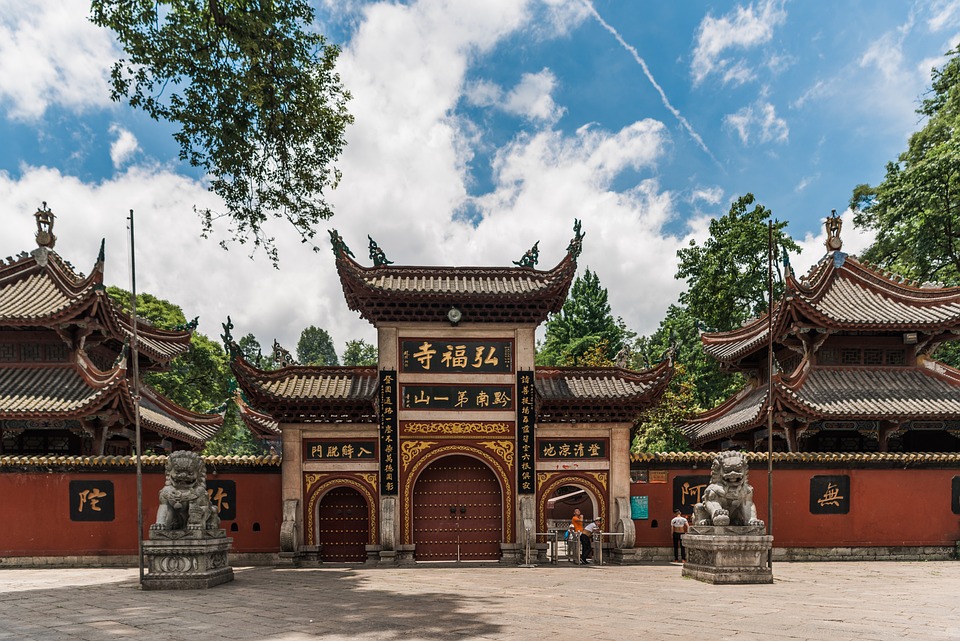Arts and entertainment play a crucial role in shaping cultural identity. Across different societies and communities around the world, the arts have been a powerful tool for expressing cultural values, beliefs, and traditions. From music and dance to literature and visual arts, the creative expressions of a culture can provide deep insights into its history and customs.
One of the ways in which arts and entertainment shape cultural identity is by preserving and promoting traditional practices and rituals. Through storytelling, music, and dance, different cultures pass down their heritage from generation to generation, ensuring that their unique traditions are not lost to time. For example, traditional art forms like Indian classical dance or Japanese tea ceremonies reflect the cultural roots of these societies and continue to be celebrated as an integral part of their identity.
Moreover, arts and entertainment also serve as a platform for cultural exchange and dialogue. In today’s interconnected world, the global exchange of artistic ideas has become more prevalent, leading to the fusion of different cultural influences. This cross-pollination of ideas and practices has resulted in the emergence of new art forms and genres that reflect a more diverse and inclusive cultural identity. For instance, the evolution of hip-hop music has been heavily influenced by African American culture but has since spread to become a global phenomenon, incorporating elements from various musical traditions.
Additionally, arts and entertainment can challenge societal norms and provoke important conversations about cultural identity. Through works of literature, film, and visual arts, artists often raise questions about power dynamics, gender roles, and social justice issues, providing a platform for critical reflection and dialogue. For example, films like “Black Panther” have sparked conversations about representation and diversity in mainstream media, encouraging audiences to rethink their perceptions of African culture and heritage.
Furthermore, arts and entertainment have the power to inspire pride and unity within a community. Cultural festivals, music concerts, and art exhibitions bring people together, fostering a sense of belonging and shared identity. By celebrating their cultural heritage through creative expressions, communities can strengthen their connection to one another and reinforce their sense of place in the world.
In conclusion, the role of arts and entertainment in shaping cultural identity cannot be underestimated. Through creative expressions, communities can showcase their unique traditions, challenge societal norms, and foster a sense of unity and pride. As we continue to navigate an increasingly globalized world, it is essential to recognize and embrace the diverse voices and perspectives that contribute to our collective cultural identity. Arts and entertainment serve as a powerful tool for celebrating our differences, bridging cultural divides, and promoting a more inclusive and connected society.




